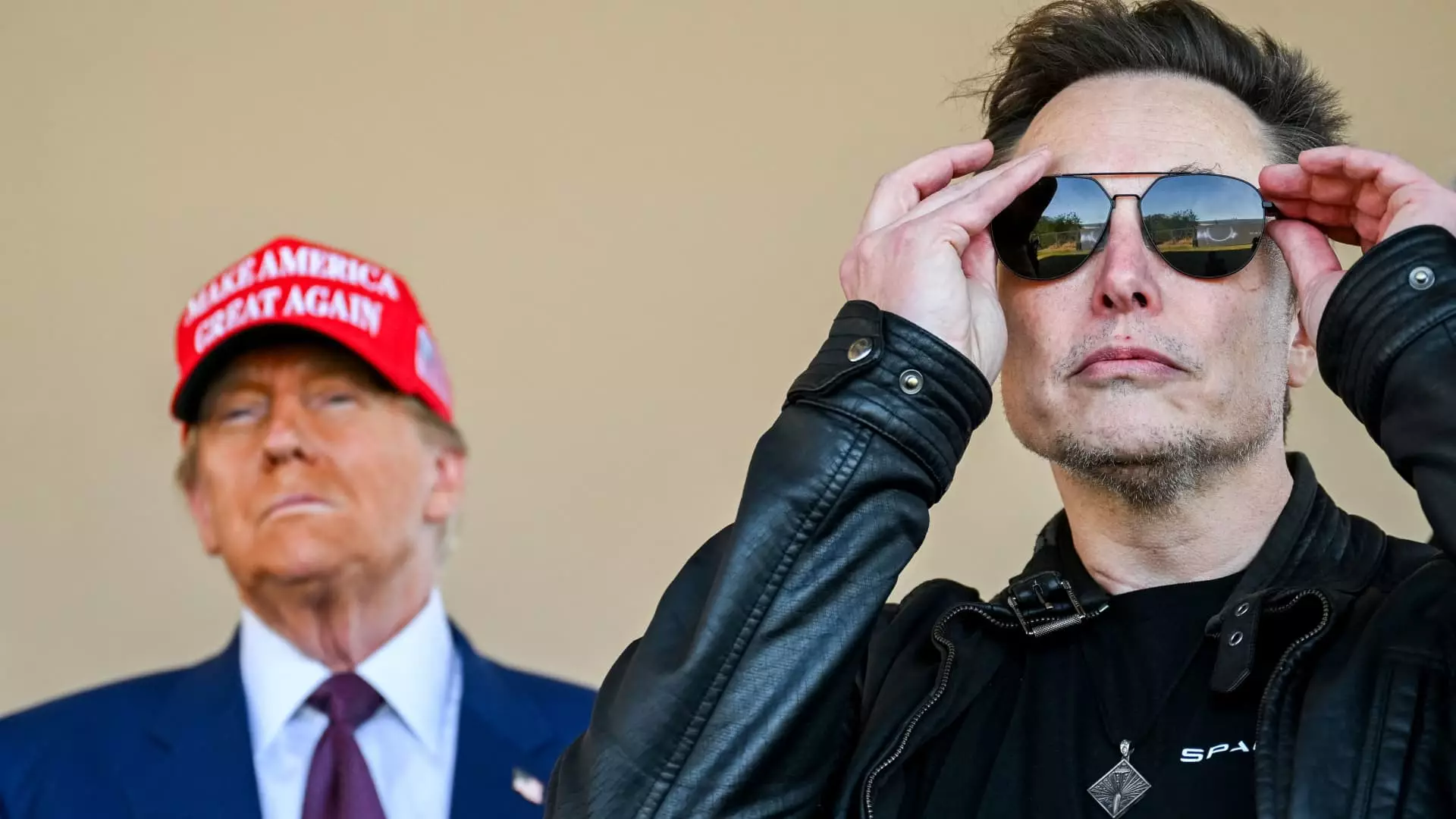On December 5, notable entrepreneurs Elon Musk and Vivek Ramaswamy are set to make a significant appearance at Capitol Hill, as announced by House Speaker Mike Johnson. Their meeting with Republican congressional leaders marks an ambitious initiative aimed at reimagining government efficiency. Both figures, known for their vast influence in the technology and biotechnology sectors, have taken on roles that allow them to shape fiscal policy and governmental structure, which raises questions about the future of U.S. governance.
Under President-elect Donald Trump’s direction, Musk and Ramaswamy have been appointed co-chairs of a newly formed advisory body, dubbed the Department of Government Efficiency (DOGE). While specifics about this panel remain vague, its existence indicates an intention to provide insights to the White House’s Office of Management and Budget (OMB). This office plays a pivotal role in determining fiscal policy through the preparation of the annual budget proposal to Congress. Musk and Ramaswamy’s involvement suggests a lobby for radical changes in how federal resources are allocated.
Bold Proposals for Federal Restructuring
Both Musk and Ramaswamy champion an aggressive agenda that includes drastic workforce reductions within the federal government and the potential shuttering of entire agencies. Their recent op-ed in the Wall Street Journal paints a picture of extensive reforms, targeting unauthorized expenditures and aiming to cut federal funding for various organizations, including the Corporation for Public Broadcasting and Planned Parenthood. These sweeping proposals reflect a vision for a leaner, more efficient government, aiming to eliminate what they perceive as wasteful spending.
Despite the seemingly forward momentum, the reality of enacting such large-scale reforms is fraught with challenges. The support of Congress is crucial, especially as Speaker Johnson navigates a particularly narrow GOP majority in the House. The implications of job losses in any given district could face significant backlash from local representatives, potentially quelling ambitions for swift reform. With a highly fragmented political landscape, the path from proposal to policy remains precarious.
As libertarian ideals and governmental reform take center stage, the public’s response plays a crucial role in shaping the viability of Musk and Ramaswamy’s proposals. Media attention, combined with feedback from various stakeholders, will heavily influence the perception of DOGE’s efficiency-based initiatives. The entrepreneurs’ visibility as corporate leaders complicates public sentiment—they are often both celebrated for their innovations and criticized for their corporate practices.
Musk and Ramaswamy’s engagement in government affairs represents a groundbreaking shift in how entrepreneurial success translates into public policy. Their ambitious objectives present an intriguing, albeit controversial, vision for the future of government efficiency, which may resonate strongly with certain voter demographics while alienating others. As discussions on Capitol Hill unfold, only time will reveal whether their plans gain traction or remain mere concepts in an increasingly complex legislative environment.


Leave a Reply